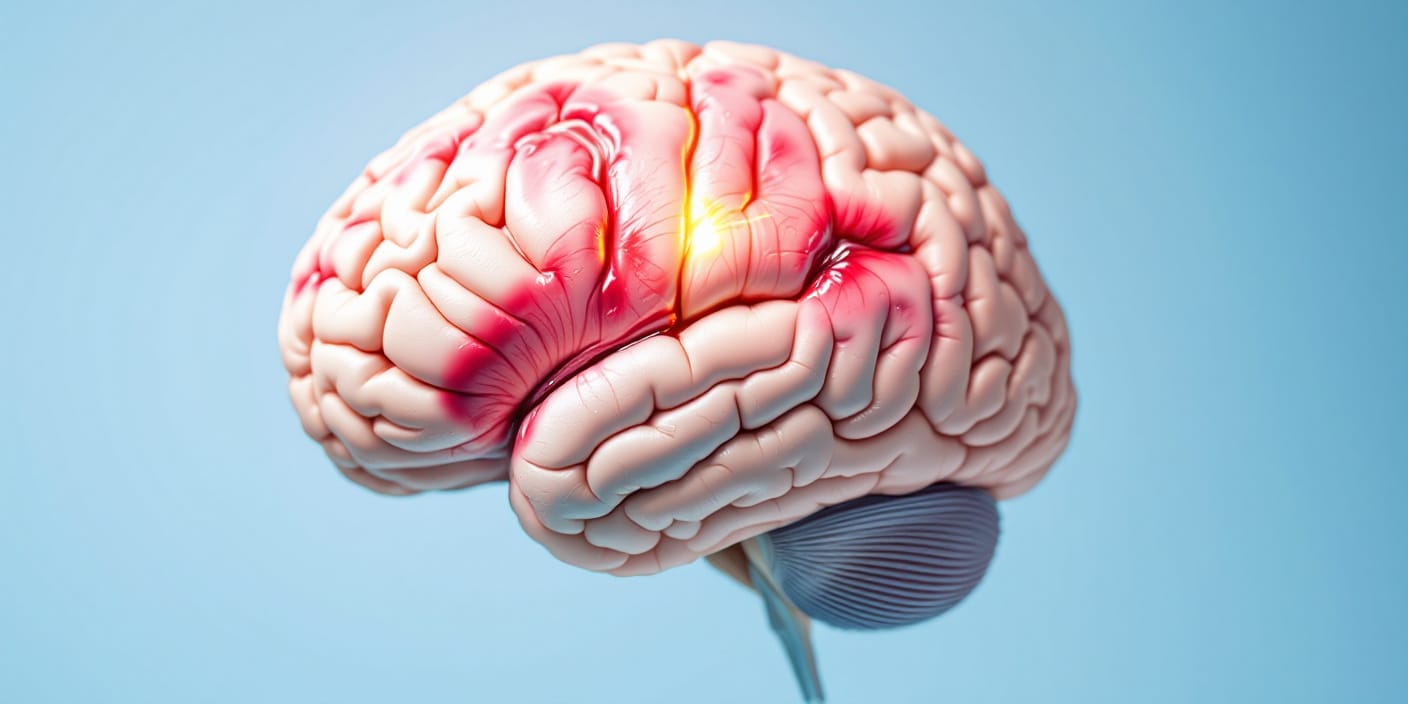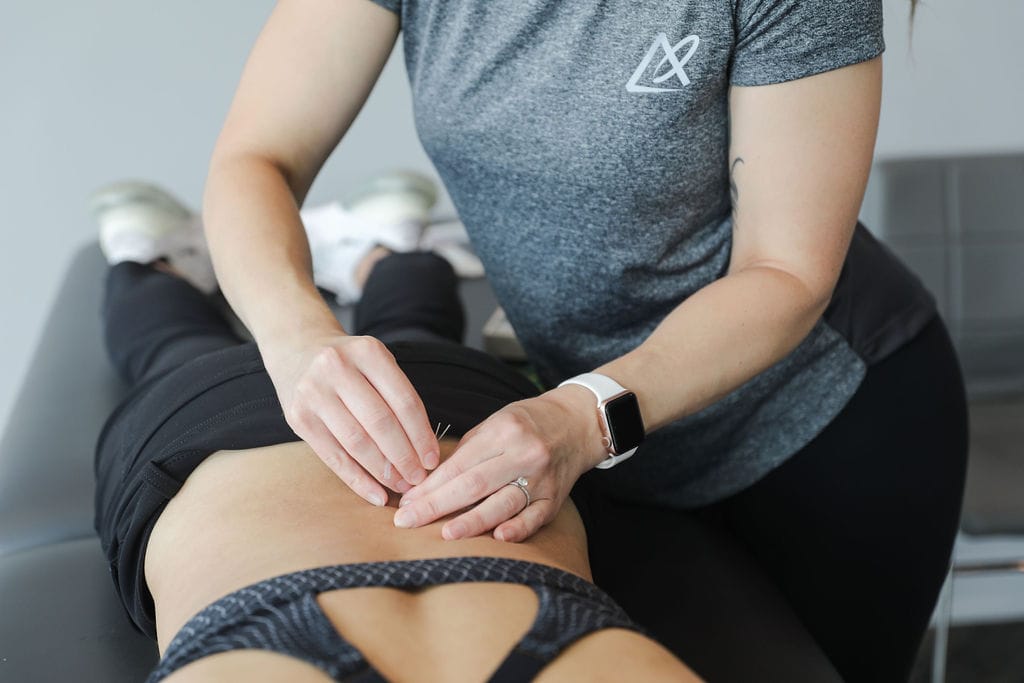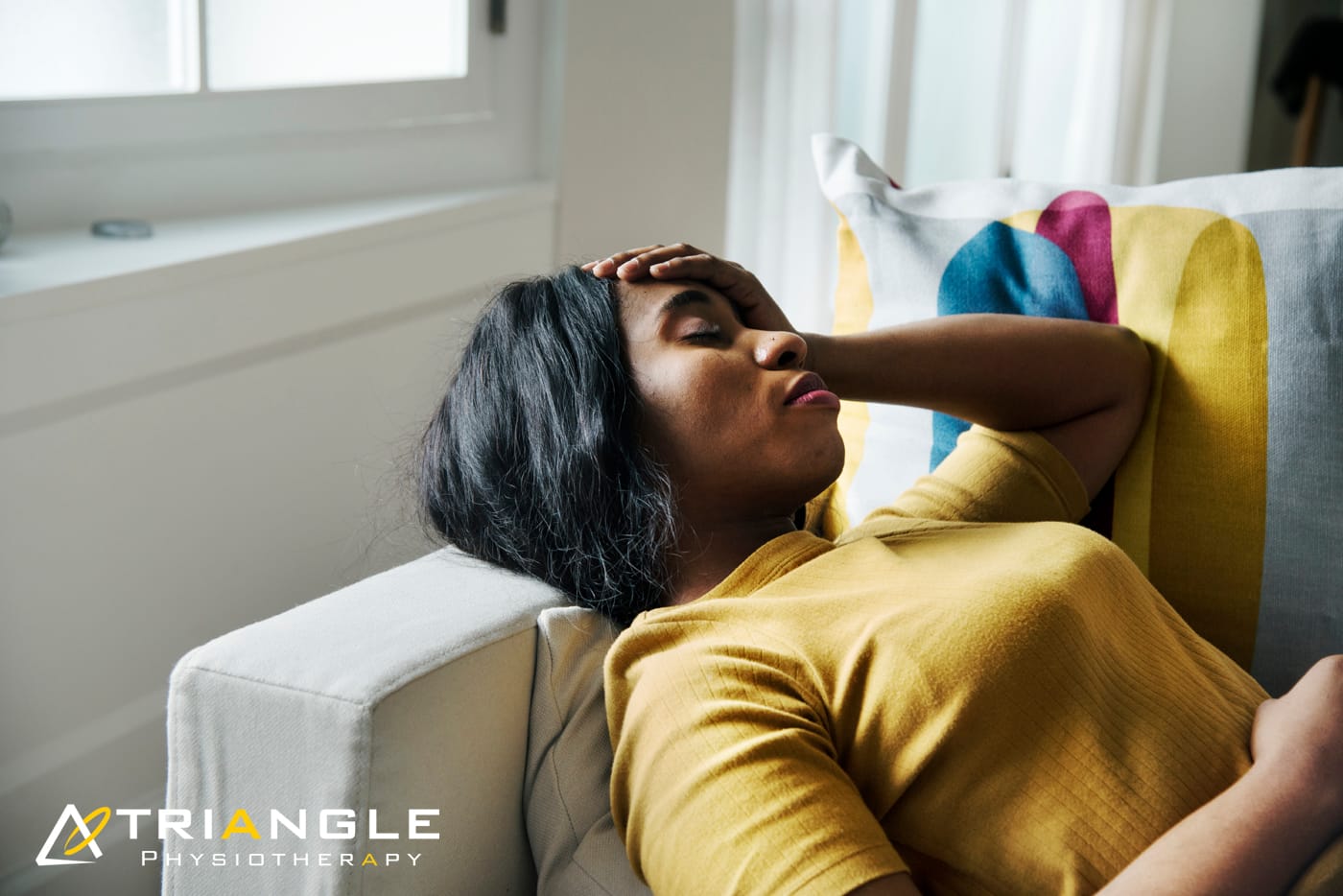Concussions are common head injuries that can result from falls, sports accidents, or other trauma to the head. They disrupt normal brain function and may cause symptoms like headaches, dizziness, confusion, and fatigue. While conventional medicine often focuses on rest and symptom management, many people are now looking into natural, holistic methods to support recovery. One approach people consider is seeking the help of a naturopath.
What is a naturopath, and how do they approach health care?
A naturopath is a healthcare practitioner who uses natural remedies and holistic approaches to promote healing and overall well-being. Instead of focusing solely on symptoms, naturopaths work to address the root causes of illness and injury, considering lifestyle, diet, and mental health as part of the healing process. They often use a combination of natural therapies, including:
- Natural Medicine: Using plant-based remedies to support the body’s healing process.
- Nutritional Counseling: Recommending specific foods and supplements to boost recovery.
- Homeopathy: Treating injuries with highly diluted natural substances that trigger the body’s self-healing abilities.
- Lifestyle Modifications: Encouraging stress reduction, adequate rest, and gradual return to activity.
When dealing with concussions, a naturopath’s goal is to enhance the body’s natural healing abilities and reduce inflammation to promote brain recovery.
What is a Concussion?
Concussions are caused by an impact to the head or body that is associated with a mild traumatic brain injury that affects brain function. Effects are often short term and can include headaches and trouble with concentration, memory, balance, and sleep.
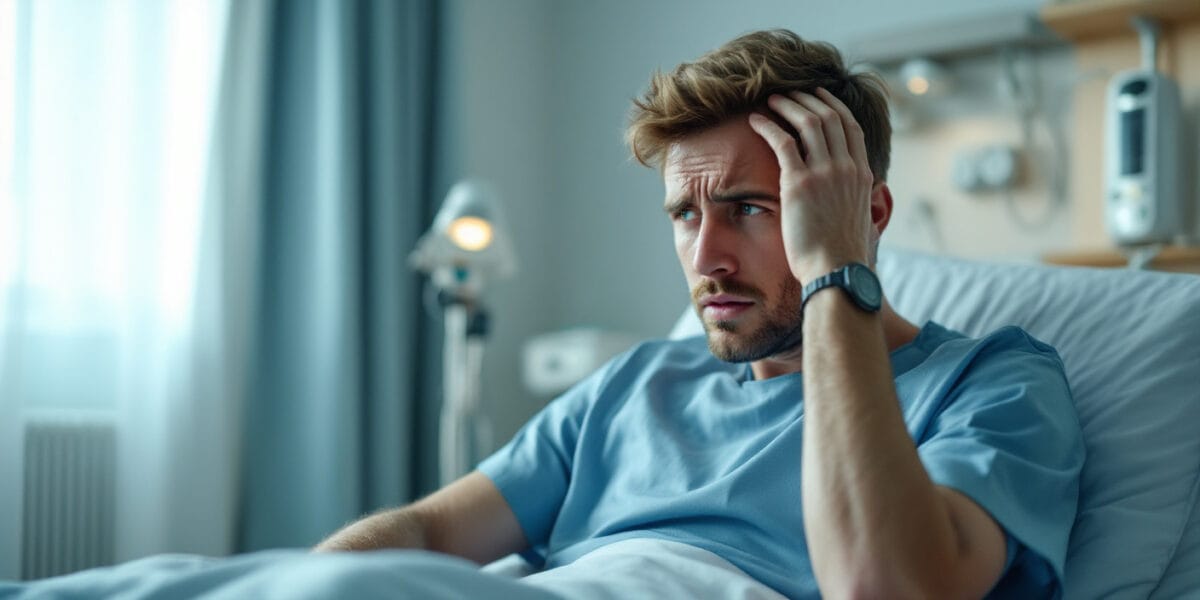
What is Post-Concussion Syndrome?
Symptoms of a mild traumatic brain injury can persist long after an injury. These symptoms may include headaches, dizziness, and problems with mood, concentration and memory. These symptoms can be improved with lifestyle adjustments, proper nutrition, stress management and supplements.
How doe Naturopaths approach Concussion Management
Naturopathic Medicine approaches concussion injuries from several modalities, and generally an ND will use which ever avenues of care are most appropriate for the individual.
1) Stress Management
Working with an ND to discuss how to remove or lessen stressors in your life can be a major benefit. Although some stressors are unavoidable, an ND can offer structured guidance on managing stress. Working to increase the quantity and quality of regenerative sleep, for example, is key for a healthy recovery. Breathing exercises are commonly taught to concussion patients as it gives them a practical means to regulate their stress and symptoms on their own.
2) Physical Activity
Discussing a gentle exercise routine, even if it’s just a daily short walk, can lead to much better outcomes in the long run. Gentle physical activity can relieve stress and offer great benefits to metabolic health. It can also offer an easy start to incorporate exercise into a person’s life whootherwise wouldn’t know where to start. Once the recovery process is underway, the exercise quantity and intensity can be slowly increased to return increased benefit.
3) Acupuncture
Acupuncture is a painless dynamic therapy that can offer many benefits to a concussion patient. The effects can be roughly divided into physical and psychological. Acupuncture can increase circulation, reduce inflammation, relax tense muscles & joints, and lessen pain. It can also be utilized to regulate a person’s sympathetic (stress) response, calm the mind, and offer relief from stress & anxiety and to help manage sleep.
4) Dietary Nutrition
A poor diet can throw off the mood and quality of life of anyone, however this is especially true for a person recovering from a concussion. An emphasis on a healthy diet is key to minimizing disruptive symptoms and accelerating recovery. In some cases, specific types of diets can be utilized to address the prevalence of certain symptoms and problems.
5) Supplementation
Natural health products can be expertly utilized by a qualified naturopathic doctor to address a wide range of concerns and ultimately to increase quality of life and speed up the recovery process. If needed, an ND may run bloodwork to look for specific markers related to the patients injury and general health. This information can be used to direct administration of supplements and to monitor progress.
Are naturopathic treatments safe for concussion recovery?Yes, naturopathic treatments are generally safe when administered by a qualified practitioner. However, it is important to have an integrative approach when recovering from a concussion. This means working with both conventional medical doctors and a naturopath to ensure that you are getting comprehensive care.It’s crucial to remember that naturopathic treatments should complement—not replace—medical care, especially if there are serious or worsening symptoms such as loss of consciousness, severe headaches, or prolonged confusion.
Naturopathic medicine offers a complementary and holistic approach to concussion recovery. While conventional medicine plays a crucial role in diagnosing and managing concussions, naturopaths focus on supporting the body’s natural healing processes with a combination of herbal remedies, nutrition, and lifestyle adjustments. By working alongside traditional healthcare providers, naturopaths can help individuals manage their symptoms, improve their brain health, and potentially speed up recovery.
If you’ve suffered a concussion, consider consulting a naturopath to explore natural ways to support your healing journey—just make sure to keep your healthcare provider informed and work with them to find the right balance of care.
Our Naturopath in Etobicoke, Dr. David Gabriele can help you recover from the lingering effects of a concussion. Book your appointment today!
If you are considering chiropractic care in Oakville and have looked through Google to find a doctor to help you you have likely found countless options. This is when it becomes challenging to pick the chiropractor that is best for YOU. The next question you have probably asked yourself is what makes one Oakville Chiropractor different from the next, or “How do I find the best chiropractor for me?”
While this can feel like a daunting task, there are a few things that can set one chiropractor apart from another. These tips will go a long way in helping you find the best chiropractor for you in Oakville, and as a result, lead to better results for your health.
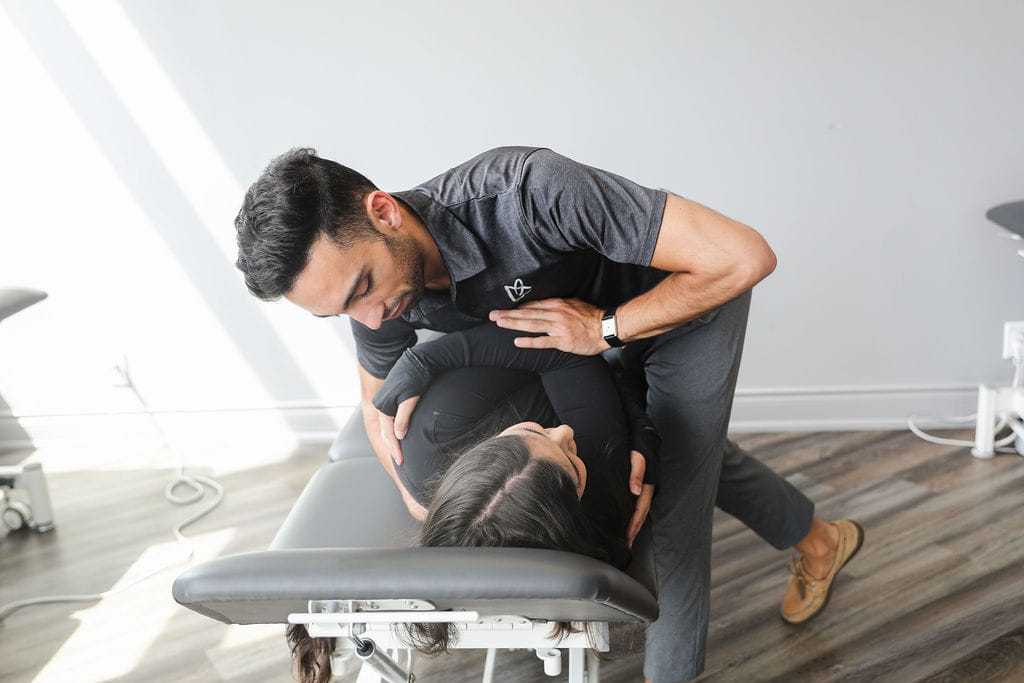
Tips for finding the best chiropractor in Oakville:
1. Start by asking trusted friends and relatives. Ask these people about their experiences with different chiropractors and who they would recommend to you. Referrals speak a lot about the practices of different chiropractic clinics.
2. Look up the online reviews for the clinics recommended to you or the ones you have looked up online during your search. Look for reviews on the chiropractor as well as the general customer service of the clinics.
3. Once you have narrowed your search, give the chosen clinic a call and ask for the chiropractor’s hours and availability to book an assessment and future follow-ups. This ensures that the timings match your availability.
4. When looking for a chiropractor many people don’t realize that there are several different techniques that they can use. The chiropractors at Triangle Physiotherapy are rehab-focused and their treatment style involves manual therapy, exercise prescription, and education.
When should I look into chiropractic care?
There are several reasons to seek chiropractic care. Back pain, neck pain, and headache are the most common reasons why patients first consult a chiropractor. Aside from these reasons, work, car accidents, sports injuries, household chores, and even the stress of daily living can cause painful joint and spinal problems. Remember, even if you do not have painful symptoms, chiropractic care can help you maintain a healthy spine and optimal joint function. Our chiropractors in Etobicoke, chiropractors in Mississauga, chiropractors in Oakville, and chiropractors in Toronto are skilled healthcare practitioners who can relieve your symptoms and get you back to doing what you love, pain-free.
What is a treatment session with a chiropractor like?
An initial visit with your Chiropractor usually involves a thorough history taking and assessment of your condition, in addition to an initial treatment to help set you on your road to recovery. Follow-up appointments will usually involve substantial manual treatment of your muscles and joints, as well as some therapeutic machines (e.g. Shockwave Therapy), acupuncture, and a home exercise program as needed. The Chiropractor may also recommend that you see a massage therapist to complement your treatment plan.
We hope this article has been helpful to you. While one chiropractor may be the best for one particular person you may find that another is the best for you. Doing your research can go a long way in the decision-making process.
If you have any further questions please feel free to contact our Oakville team today at Triangle Physiotherapy.
Our More Locations
Physiotherapy Etobicoke | Physiotherapy Oakville | Physiotherapy North York | Physiotherapy Toronto | Physiotherapy Lawrence Park | Physiotherapy Mississauga | Physiotherapy Queens Quay | Physiotherapy Mississauga Erin Mills | Physiotherapy Liberty Village
How do I book an appointment with a chiropractor near me?
Click HERE to book an appointment with a chiropractor at one of our eight locations.
- Chiropractor Etobicoke – Triangle Physiotherapy Etobicoke
- Oakville Chiropractic Clinic – Triangle Physiotherapy Oakville
- Chiropractic North York – Triangle Physiotherapy North York
- Mississauga Chiropractic Clinics – Triangle Physiotherapy Mississauga
- Downtown Chiropractic Clinics – Triangle Physiotherapy King West
- Uptown Chiropractic Clinics – Triangle Physiotherapy Lawrence Park
- Chiropractic Clinic Downtown Toronto – Triangle Physiotherapy Queens Quay
- Chiropractor Mississauga – Triangle Physiotherapy Erin Mills
Finding the right chiropractor in Oakville is essential for effective care and recovery. If you’re also considering physiotherapy for a holistic approach to your health, explore options for physiotherapy in Etobicoke, Oakville, North York, Toronto, Lawrence Park, Queens Quay, Erin Mills, Mississauga, or Liberty Village. Experienced physiotherapists in these areas can complement chiropractic care and help you achieve optimal wellness.
Vestibular rehabilitation therapy (VRT) is a specialized form of therapy designed to treat problems related to the vestibular system, which is responsible for our sense of balance and spatial orientation. It is commonly used to address issues such as dizziness, vertigo, imbalance, and other symptoms associated with vestibular disorders.
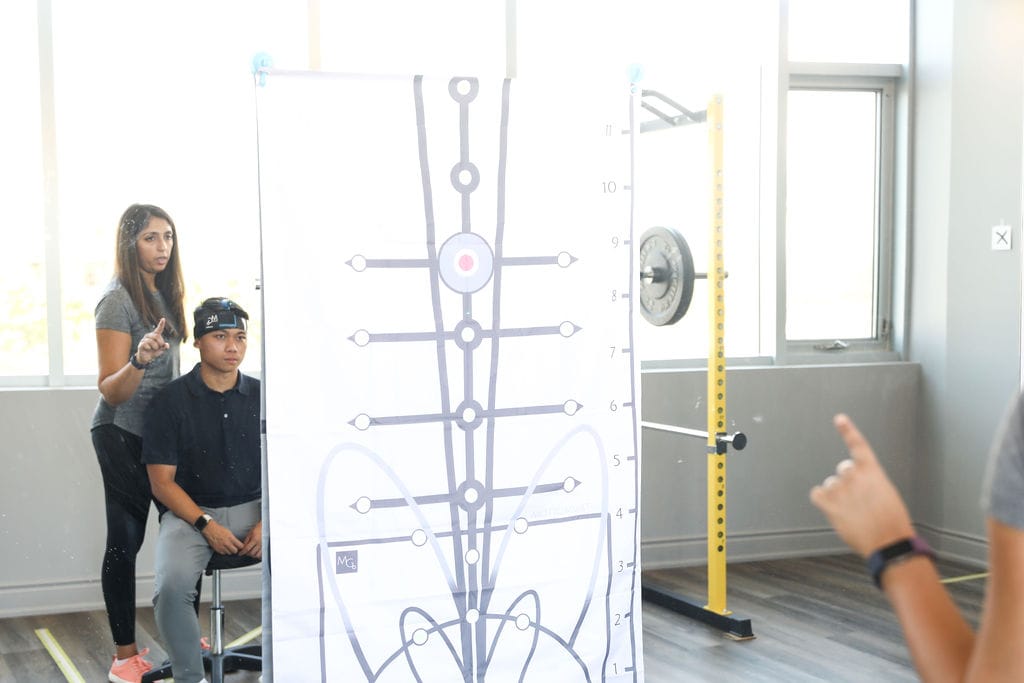
What are the symptoms of Vestibular Dysfunction?
The symptoms of vestibular disorder are:
- Dizziness: This is a sensation of lightheadedness, unsteadiness, or feeling like you or your surroundings are spinning (vertigo). Vertigo can be intense and can lead to nausea and vomiting in some cases.
- Imbalance and unsteadiness: Problems with balance and coordination are common in vestibular dysfunction. Individuals may feel off-balance, have difficulty walking in a straight line, or experience a tendency to veer or fall to one side.
- Nausea and vomiting: The sensation of vertigo can trigger feelings of nausea, which may lead to vomiting in some cases.
- Visual disturbances: Vestibular dysfunction can affect vision, causing blurring, difficulty focusing, or sensitivity to light and movement. Visual disturbances can worsen dizziness and disorientation.
- Tinnitus: Some individuals with vestibular dysfunction may experience ringing, buzzing, or other abnormal sounds in their ears (tinnitus).
- Sensitivity to motion: Motion sensitivity or an increased sensitivity to movement, known as motion intolerance, is common in vestibular dysfunction. Everyday activities like riding in a car, using escalators, or even watching fast-paced visual stimuli may trigger symptoms.
- Cognitive difficulties: Vestibular dysfunction can sometimes lead to problems with concentration, memory, and cognitive processing. Some individuals may experience difficulty thinking clearly or have a foggy or spaced-out feeling.
- Fatigue and anxiety: The physical and emotional stress caused by vestibular dysfunction can lead to feelings of fatigue and exhaustion. Anxiety and depression can also accompany vestibular disorders due to their impact on daily functioning and quality of life.
What is the Vestibular System?
The vestibular system is a complex sensory system located within the inner ear. It plays a crucial role in maintaining balance, spatial orientation, and coordination of head and eye movements. It is made up of:
- The vestibular organs
- The vestibular nerve
- The brainstem and the cerebellum
The vestibular system works in close conjunction with the visual system and proprioceptive system (sensory input from muscles and joints) to provide a comprehensive sense of spatial orientation and balance. It helps us maintain stable posture, make coordinated movements, and adjust our gaze to keep objects in focus during head and body movements.
When the vestibular system malfunctions or becomes disrupted, it can result in various vestibular disorders, leading to symptoms such as dizziness, vertigo, and imbalance. Vestibular rehabilitation therapy, as mentioned earlier, aims to address these issues by helping the brain adapt to vestibular dysfunction and restore normal function.
What types of conditions can benefit from Vestibular Rehabilitation Therapy?
Vestibular rehabilitation therapy (VRT) can be beneficial for various conditions that involve vestibular dysfunction or impairments in balance and spatial orientation. Some of the conditions that can benefit from VRT include:
- Benign Paroxysmal Positional Vertigo (BPPV): BPPV is a common vestibular disorder characterized by brief episodes of vertigo triggered by specific head movements. VRT can include canalith repositioning procedures, such as the Epley maneuver or the Semont maneuver, which aim to reposition displaced calcium crystals in the inner ear and alleviate symptoms.
- Vestibular Neuritis: Vestibular neuritis is an inflammation of the vestibular nerve typically caused by a viral infection. It results in severe vertigo, dizziness, and imbalance. VRT can help improve balance, reduce dizziness, and promote compensation for the damaged vestibular system.
- Labyrinthitis: Labyrinthitis is an inflammation of the inner ear labyrinth, often caused by a viral or bacterial infection. It leads to vertigo, dizziness, hearing loss, and sometimes ringing in the ears (tinnitus). VRT can aid in managing the dizziness and balance issues associated with labyrinthitis.
- Ménière’s Disease: Ménière’s disease is a chronic condition characterized by recurring episodes of vertigo, fluctuating hearing loss, tinnitus, and a feeling of fullness in the ear. VRT can be beneficial in managing dizziness and improving balance control during and between attacks.
- Post-Concussion Syndrome: After a concussion or traumatic brain injury, vestibular dysfunction can occur, leading to symptoms such as dizziness, imbalance, and difficulty concentrating. VRT can help address these symptoms, promote recovery, and improve overall function.
- Age-related Balance Disorders: As people age, they may experience age-related changes in the vestibular system, leading to balance problems. VRT can help older individuals improve their balance, reduce the risk of falls, and enhance their overall quality of life.
- Mal de Débarquement Syndrome (MdDS): MdDS is a disorder characterized by a persistent sensation of rocking or swaying, typically following a prolonged exposure to motion, such as a boat or plane ride. VRT can be used to help the brain readapt and reduce the sensation of motion.
- Unilateral or Bilateral Vestibular Hypofunction: When there is a significant reduction in vestibular function on one or both sides, it can result in balance deficits and dizziness. VRT can assist in compensating for the reduced vestibular input and improve balance control.
It’s important to note that the specific treatment approach may vary depending on the individual’s condition, symptoms, and the expertise of the healthcare professional providing the therapy. A qualified vestibular specialist or physiotherapist trained in vestibular rehabilitation can assess the individual’s needs and develop a tailored treatment plan for optimal outcomes.
Can Vestibular Rehabilitation Therapy help me?
You can certainly benefit from vestibular physiotherapy even if your condition is chronic. Through a variety of exercises and techniques, vestibular physiotherapy aims to enhance balance, reduce dizziness, and improve overall function of the vestibular system. With the help of various exercises and techniques vestibular physiotherapy can help reduce your dizziness, improve your balance and enhance the quality of your life.
Vestibular Physiotherapy Near Me
Click HERE to book an appointment with a vestibular rehabilitation physiotherapist at one of our eight locations.
- Physiotherapy Etobicoke – Triangle Physiotherapy Etobicoke
- Oakville Physiotherapy Clinic – Triangle Physiotherapy Oakville
- Physiotherapy North York – Triangle Physiotherapy North York
- Mississauga Physiotherapy Clinics – Triangle Physiotherapy Mississauga
- Downtown Physiotherapy Clinics – Triangle Physiotherapy King West
- Uptown Physiotherapy Clinics – Triangle Physiotherapy Lawrence Park
- Physiotherapy Clinic Downtown Toronto – Triangle Physiotherapy Queens Quay
- Physiotherapy Clinics Mississauga – Triangle Physiotherapy Erin Mills
“Vestibular Rehabilitation Therapy (VRT) is a specialized form of physiotherapy designed to alleviate symptoms of vertigo and dizziness. Triangle Physiotherapy offers expert VRT services across the GTA, including Physiotherapy in Etobicoke, Oakville, North York, Toronto, Lawrence Park, Queens Quay, Erin Mills, Mississauga, and Liberty Village. Our experienced physiotherapists can help you regain balance and improve your quality of life through tailored vestibular rehabilitation programs.”

